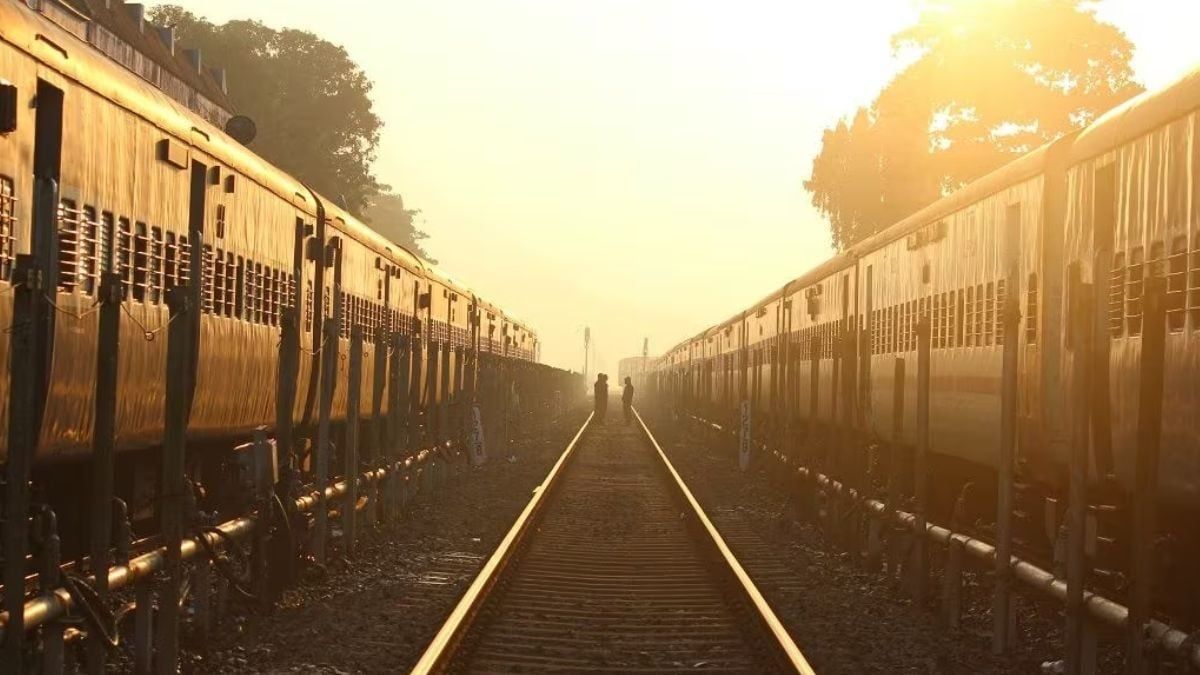The number of cars in a train also determines its mileage.
The mileage of a train depends on the weight of the locomotive, its power and the distance it can travel.
When purchasing a new vehicle, whether it is a car or any other means of transportation, one of the main concerns is its mileage. Likewise, the mileage of trains in our country is also of great interest. Let's explore how much diesel is needed to power a train for one kilometer.
The Indian Railways operates several types of diesel-powered locomotives. These trains offer different mileage depending on their categorization, as well as factors such as weight, power and distance traveled.
For example, a 12-car passenger train needs only 6 liters of fuel to travel one kilometer. Similarly, even an ultra-fast train with 24 cars also consumes 6 liters to travel one kilometer. A 12-car express train needs only 4.5 liters of fuel per kilometer to operate. According to available data, no train on the Indian Railways currently achieves a mileage of one kilometer per liter of diesel.
The number of cars or compartments in a train significantly influences its mileage. Trains with fewer compartments place less load on the engine, which translates into lower fuel consumption.
Additionally, the type of train also affects its fuel efficiency. Passenger trains, for example, burn fuel more quickly than express or superfast trains. This discrepancy arises from the frequent stops that passenger trains make at short intervals along their routes. The need for frequent stops limits the locomotive's ability to reach high speeds, leading to increased use of the accelerator and brakes. Consequently, fuel consumption increases and mileage decreases. In contrast, express trains, with fewer stops, offer greater mileage as they can maintain constant speeds for longer periods.
The mileage of trains on the Indian railway system varies depending on factors such as the type of train, the number of coaches and operational requirements. Understanding these variables provides insight into the fuel efficiency of trains and their impact on overall operations.












